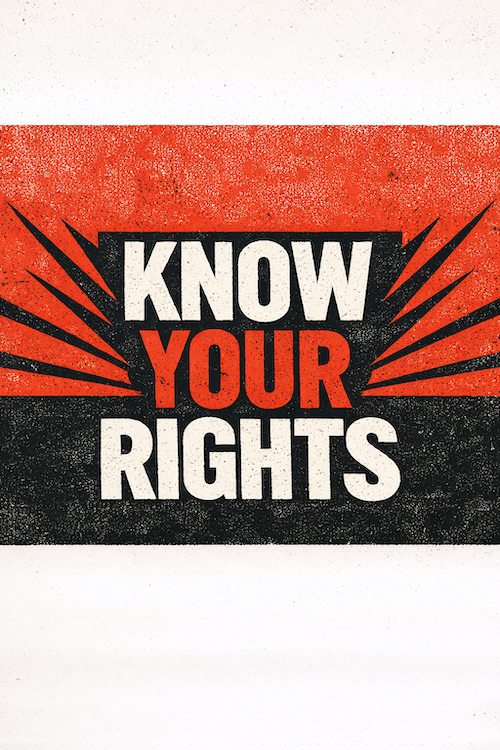U.S. Supreme Court: No Separation of Church and Employer
In July, the U.S. Supreme Court ruled on two important cases relating to religion and employment. In both decisions, the Court came down squarely on the side of religious freedom, ruling in favor of employers.
In Our Lady of Guadalupe School, two teachers brought employment discrimination claims against their former employers, both of which were Catholic elementary schools. Relying on the “ministerial exception,” the Court ruled that the teachers could not bring federal employment discrimination claims against their religious employers. The Court recognized that “ministerial exception” is rooted in the religion clauses of the First Amendment and protects religious institutions’ autonomy relating to internal management decisions essential to the institution’s mission, including selecting which persons will serve in key roles. Since the teachers were at least in part responsible for educating students in the Catholic faith and guiding students “toward the goal of living their lives in accordance with that faith,” the Court found that the ministerial exception applied, and thus the religious schools could not be sued for employment discrimination.
In Little Sisters, the issue was whether employers who cited religious or moral objections could refuse to provide contraceptive coverage to their employees in their group health insurance. Under the Affordable Care Act (ACA), employer-provided health plans are obligated to provide coverage for “additional preventative care and screenings” without “any cost-sharing requirements.” In 2017, the Trump administration issued two new rules eviscerating this contraceptive mandate – one that provided a religious exemption, and the other a moral exemption. Both rules permitted a private employer to “opt out” of the ACA’s contraceptive mandate if the employer had a religious or moral objection to contraception. The states of Pennsylvania and New Jersey sued the Trump administration, alleging that these new rules violated the ACA’s requirement that health insurance plans offer coverage for “preventative care and screenings.”
The Supreme Court rejected these challenges, finding that prior case law interpreting the Religious Freedom Restoration Act provided authority for the Trump administration’s rules exempting employers from the ACA’s contraceptive mandate based on religious or moral objections. In a scathing dissent, Justices Ruth Bader Ginsburg and Sonia Sotomayor disagreed sharply, writing that, “Today, for the first time, the court casts totally aside countervailing rights and interests in its zeal to secure religious rights to the nth degree . . . leaving women workers to fend for themselves.”
What does this mean for employers?
The decision in Our Lady of Guadalupe Home is likely not directly relevant to most employers, other than those that are religious institutions or schools. But the decision in Little Sisters has potentially far greater impact, as it allows any private employer to refuse to provide contraceptive benefits in their health insurance plans if the employer objects on religious or moral grounds.
You can read the decision in Our Lady of Guadalupe here.
You can read the decision in Little Sisters here.
And, you can register to vote on November 3rd here.
Insights
OUR BLOG


